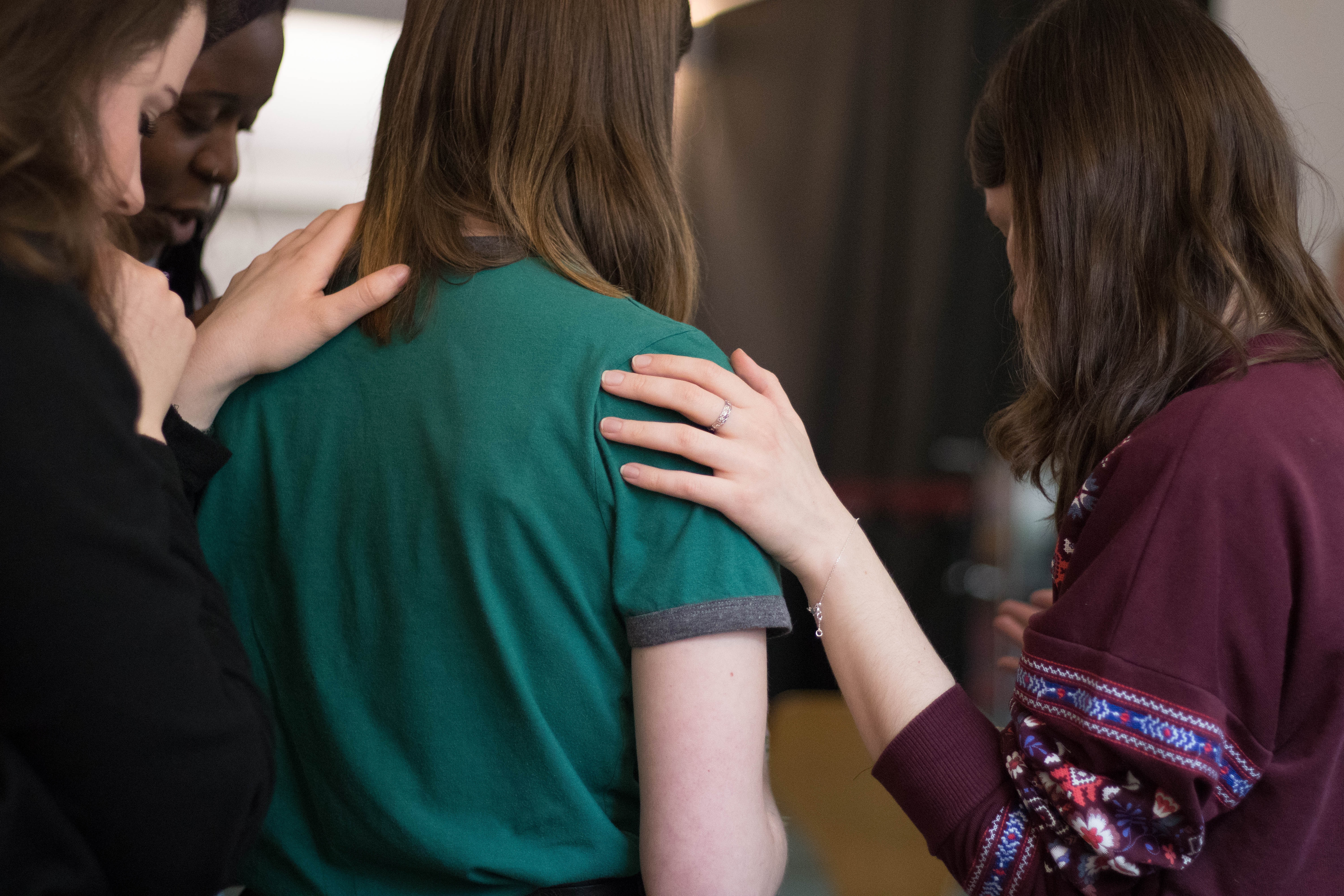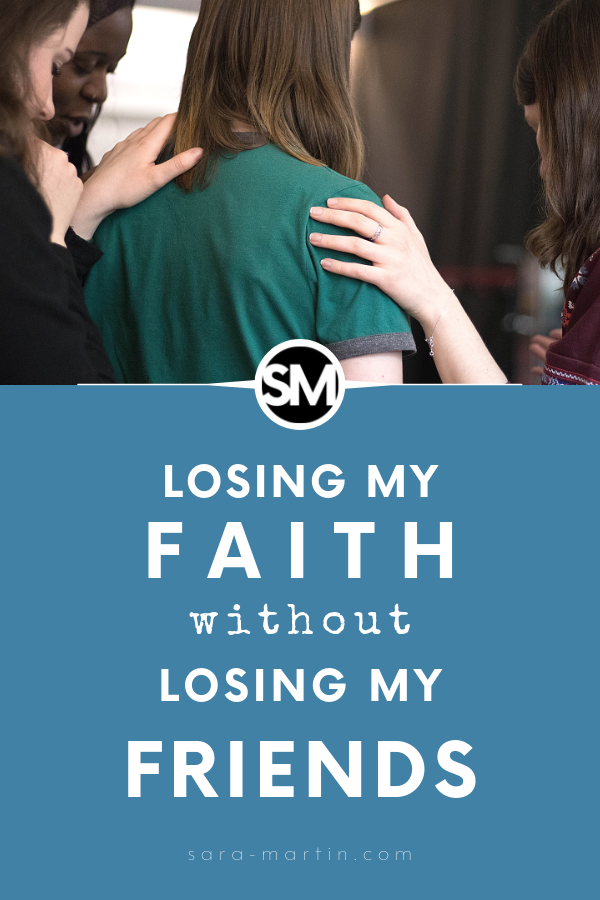We sat in a circle on my dorm room floor in the soft glow of Christmas lights strung up on the wall. Journals and Bibles lay open beside each of us as we took turns sharing the current issues weighing on our hearts. For some it was upcoming exams, for others it was registering for classes.
But all of us shared a common ache to follow Jesus harder and deeper.
We were seven young college students, friends drawn together by our faith in Jesus and bonded by vulnerable conversations like the one happening in my dorm room that night. It didn’t matter that we were all studying different majors and represented a spectrum of personalities. We all loved God and had dedicated our lives to him, and that’s what ultimately sealed our fate as friends.
Eventually we crossed the graduation platform with our diplomas and each set out to start changing the world for Jesus. But outside of the safe bubble of our Christian college community, life hit us all in different ways. For me, it looked like a failed first job, a failed dating relationship, and months of major depression. The Christian beliefs I’d left college with didn’t line up with the reality I was seeing and experiencing, and as a result I began the process of slowly deconstructing my faith as I knew it.
My once completely open conversations with friends became more closed off. I would share about every area of my life except my spirituality, the very thing that had always connected us. This wasn’t just a season of doubt I was going through; it was a total reevaluation of my evangelical Christian worldview and identity. Something this extreme felt unsafe to share with those who’d only ever known me as a firm, faithful Jesus follower.
My inability to be authentic with my closest friends ultimately drove me away from them. Fear, shame, and unconfirmed assumptions about what they’d think pushed me further into the isolation of deconstruction. Calls to catch up turned into anxiety triggers, and texts about getting together filled me with dread and guilt. I was too scared to be found out as a heretic, a backslidden believer beyond saving.
As the stress continued building, I decided it was time to start being honest if these relationships were really worth keeping. The phone calls that followed were so uncomfortable and unpleasant, but I felt a weight lifted off of me with every sentence of truth I got out.
I didn’t expect my friends to completely understand what I was going through or accept my changed beliefs. The reactions varied, but to my surprise rejection was not among them. There is more to who I am than the religion I follow or the spiritual principles I let guide my life. I’m grateful my Christian friends see that, despite my initial expectations of the opposite.
I think back to those intimate conversations with my friends in our cramped college dorms not so long ago and feel both nostalgia and sadness. Like Jesus at the last supper foretelling one of his closest friends would betray him, what if the future could have sent word that one of us among our friend circle would walk away from faith as we then knew it?
Picturing us each huddled so genuinely around our Bibles together, it’s painful almost to imagine it’d be me.
Faith was always our solid rock, our common denominator, and I didn’t know how we’d survive without it. But the more I step out in this new kind of vulnerability — one centered on a lack of faith rather than a shared commitment to it — I’m being met with the very kind of love we spent so much time talking about.

